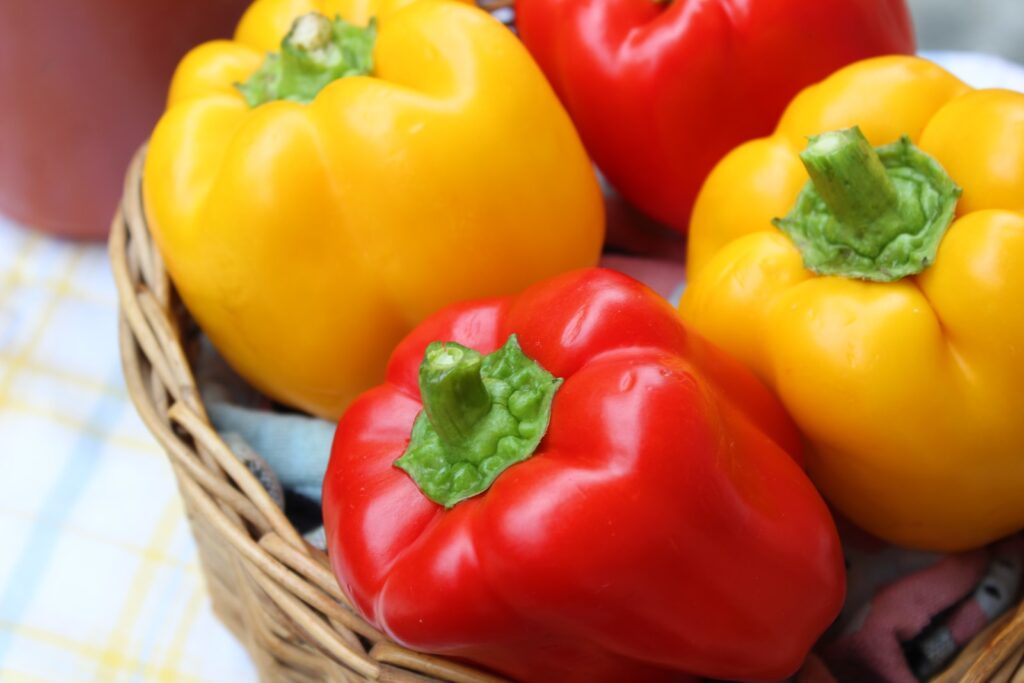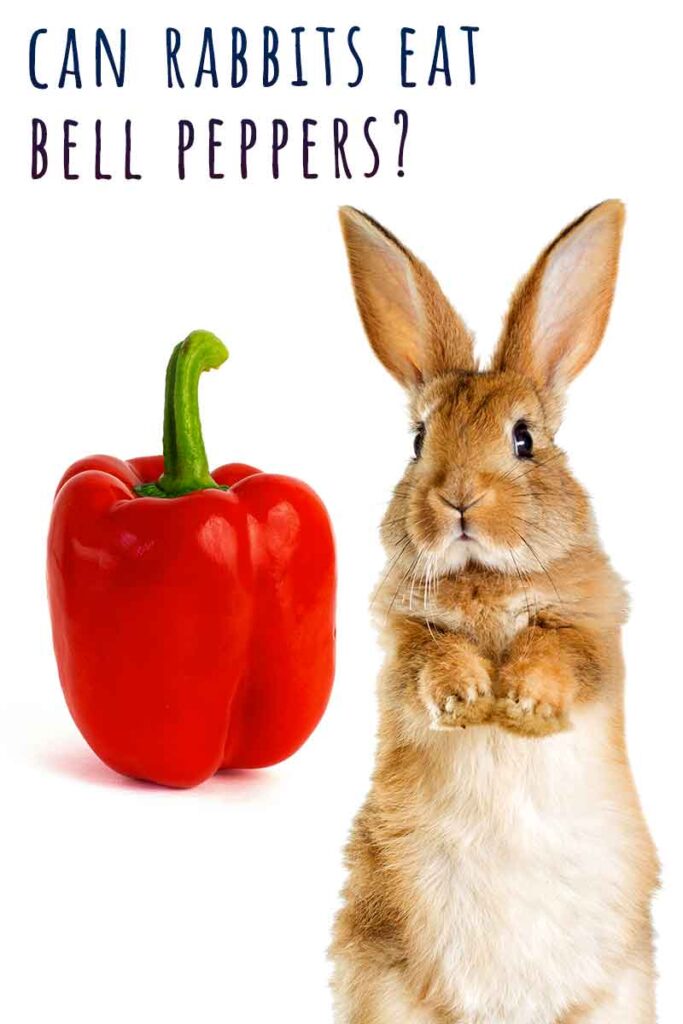Rabbits are adorable and popular pets known for their love of munching on various types of vegetables. As a responsible pet owner, it’s crucial to ensure that your furry friend’s diet is both safe and nutritious. One common question that arises is whether rabbits can eat bell peppers. In this article, we will explore the nutritional benefits and potential risks of feeding bell peppers to rabbits. So, let’s dive in and find out if bell peppers are a suitable addition to your rabbit’s diet.
The Nutritional Value of Bell Peppers for Rabbits
Bell peppers, also known as sweet peppers, come in a variety of vibrant colors and are packed with essential nutrients. These crunchy vegetables are an excellent source of vitamins A, C, and E, as well as dietary fiber. Additionally, bell peppers contain antioxidants that help boost the immune system and promote overall well-being.

Feeding Bell Peppers to Your Rabbit: The Dos and Don’ts
While bell peppers offer several nutritional benefits, it’s important to follow some guidelines when introducing them to your rabbit’s diet. Here are a few dos and don’ts to keep in mind:
1. Do Introduce Bell Peppers Gradually
When introducing any new food to your rabbit, including bell peppers, it’s crucial to do so gradually. Start by offering a small piece and observe how your rabbit reacts. If there are no adverse effects, you can gradually increase the portion size.
2. Don’t Overfeed Bell Peppers
Although bell peppers are safe for rabbits to consume, moderation is key. Too much of any food, including bell peppers, can upset your rabbit’s delicate digestive system. Limit the amount of bell peppers to a small portion as part of a balanced diet.
3. Do Choose Organic Bell Peppers
To ensure the safety of your rabbit, opt for organic bell peppers whenever possible. Non-organic peppers may contain pesticides or other harmful chemicals that can be detrimental to your pet’s health.
4. Don’t Feed Bell Peppers with Seeds or Stems
Before offering bell peppers to your rabbit, make sure to remove the seeds and stems. These parts can be difficult for rabbits to digest and may cause digestive issues.
5. Do Monitor Your Rabbit’s Response
Every rabbit is unique, and their tolerance to certain foods may vary. Keep a close eye on your rabbit after introducing bell peppers to their diet. If you notice any signs of discomfort, such as diarrhea or bloating, it’s best to discontinue feeding bell peppers and consult a veterinarian.
Conclusion
In conclusion, rabbits can enjoy the occasional treat of bell peppers as part of a balanced diet. These colorful vegetables provide essential vitamins and antioxidants that contribute to your rabbit’s overall health. However, it’s crucial to introduce bell peppers gradually, monitor your rabbit’s response, and ensure that you remove any seeds or stems before feeding. Remember, moderation is key when it comes to treating your furry friend with bell peppers or any other food.
FAQs
-
Can rabbits eat all colors of bell peppers?
Yes, rabbits can eat all colors of bell peppers, including red, yellow, and green. Each color offers slightly different nutritional benefits. -
Are bell peppers safe for baby rabbits?
It’s best to wait until baby rabbits are at least three months old before introducing bell peppers or any new food. Consult a veterinarian for specific dietary recommendations for baby rabbits. -
Can rabbits eat cooked bell peppers?
It’s recommended to feed rabbits raw bell peppers as cooking can reduce the nutritional value. Raw bell peppers also provide the necessary crunch for your rabbit’s dental health. -
Are there any alternatives to bell peppers for rabbits?
Yes, rabbits can enjoy a variety of vegetables such as carrots, celery, and leafy greens like spinach and kale. It’s important to offer a diverse range of vegetables to ensure a well-rounded diet. -
Can rabbits eat bell pepper leaves?
While bell pepper leaves are not toxic to rabbits, they are not commonly consumed. It’s best to stick to the bell pepper itself and remove the leaves before feeding.

